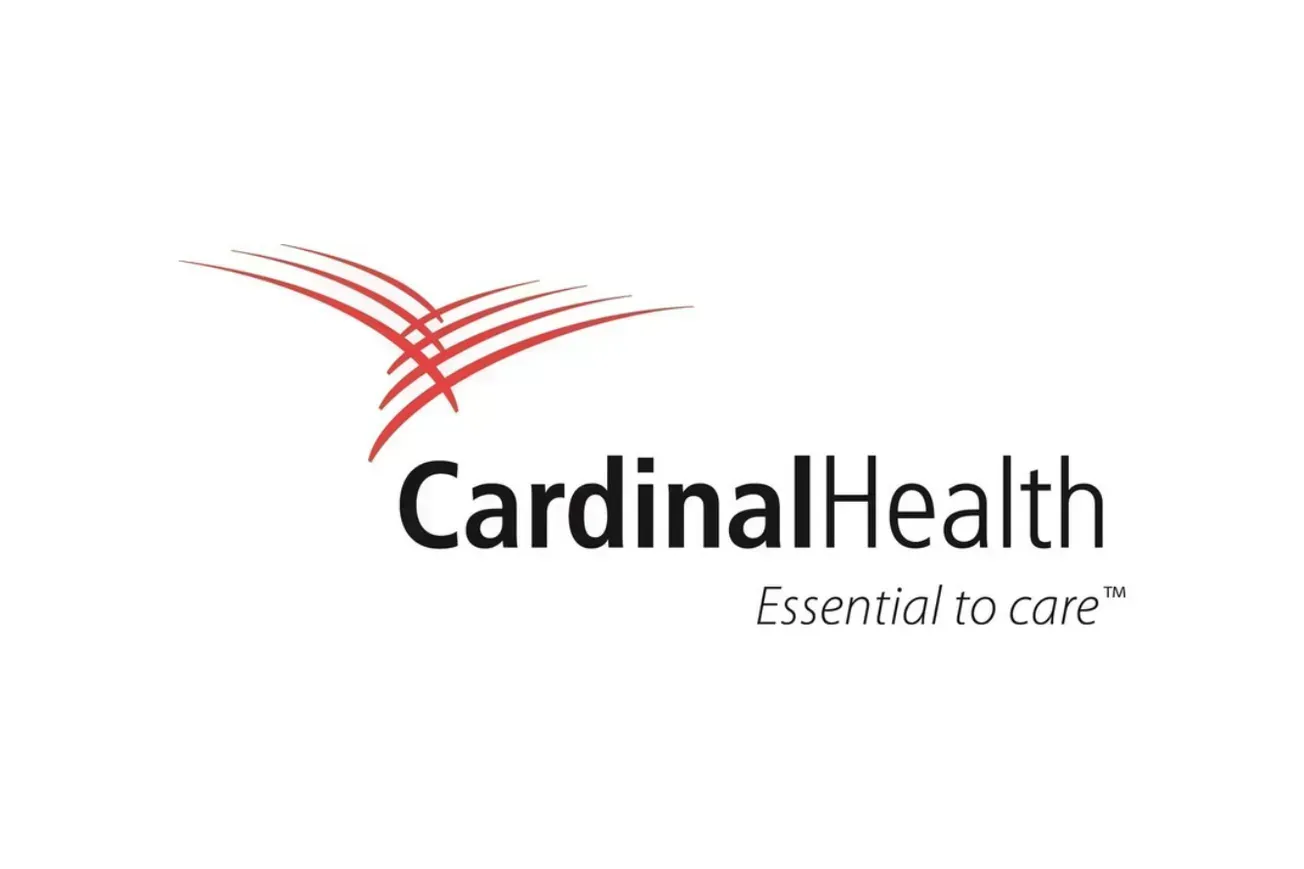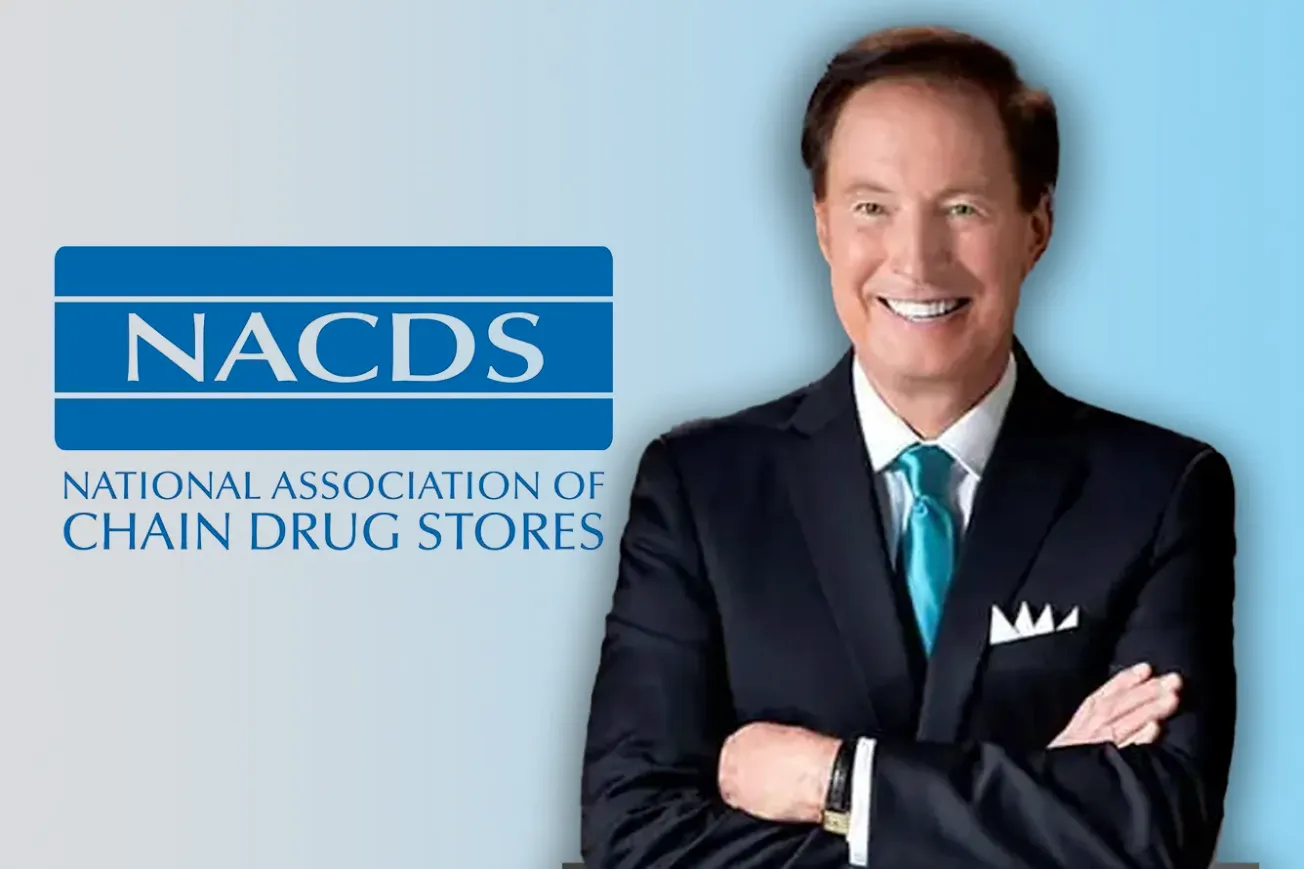ARLINGTON, Va. — The National Association of Chain Drug Stores (NACDS) is calling attention to a new policy paper published by the Global Healthy Living Foundation (GHLF) and authored by Robert Popovian, PharmD, MS, Founder, Conquest Advisors, and GHLF’s Chief Science Policy Officer.

The paper — “Challenges in Adult Vaccination: Policy Strategies for Sustaining Access and Supply” — discusses the benefits associated with the current vaccine access and payment model for adult vaccination in the US.
Importantly, the study also highlights the potential negative consequences if pharmacy benefit managers (PBMs) subvert the vaccine reimbursement landscape — ultimately undermining the vital public health role of pharmacists and pharmacies.
GHLF’s press release on “Challenges in Adult Vaccination: Policy Strategies for Sustaining Access and Supply” quotes NACDS President and CEO Steven C. Anderson: “Pharmacists are on the front lines, particularly in areas where other health care services might be limited. It is vital for the people whom pharmacists serve that PBMs are not permitted to manipulate or restrict access to vaccines, medications or services that are imperative for public health.”
Read the full GHLF press release here or in its entirety below:
Study Shows Pharmacists Are Key to Successful Vaccine Uptake
UPPER NYACK, NY — The Global Healthy Living Foundation (GHLF) today published a critical policy paper authored by Robert Popovian, PharmD, MS, Founder, Conquest Advisors and GHLF’s Chief Science Policy Officer. The paper, titled “Challenges in Adult Vaccination: Policy Strategies for Sustaining Access and Supply,” details the benefits associated with the current vaccine access and payment model for adult vaccination in the United States. It highlights the potential negative consequences if Pharmacy Benefit Managers (PBMs) subvert the vaccine reimbursement landscape, which would in turn undermine the important public health role that pharmacists play.
Dr. Popovian’s report brings to light the problematic practices of PBMs that can limit patient access and disrupt the vaccine supply. The paper explains that PBMs complicate the vaccine distribution process by enforcing restrictive policies involving delayed payments, complex authorization processes, or insufficient reimbursement rates. These practices not only jeopardize the financial stability of pharmacies but also limit the range of vaccines that pharmacies can offer.
“Pharmacists are tasked with providing essential health services, including vaccinations,” said Dr. Popovian. “Suppose PBMs are allowed to impose access restrictions by providing inadequate reimbursement for the sole purpose of profiteering. Such actions would disrupt the current vaccination ecosystem in pharmacies, which ensures strong patient access, and critically, could endanger the long-term vaccine supply.”
Pharmacists as Accessible Health Providers
Highlighting the crucial role of pharmacists, the report points out that they are often the most readily available healthcare providers, especially in underserved communities.
“Pharmacists are on the front lines, particularly in areas where other health care services might be limited,” said National Association of Chain Drug Stores President and CEO Steven C. Anderson. “It is vital for the people whom pharmacists serve that PBMs are not permitted to manipulate or restrict access to vaccines, medications or services that are imperative for public health.”
The paper details how current PBM policies, if allowed, will undermine this accessibility, particularly affecting low-income neighborhoods and minority communities where pharmacies play a critical role in vaccination.
Call-to-Action for Competitive Market Reforms
The paper calls for safeguards preventing PBMs from limiting competition and restricting vaccine access. It also highlights the continued coverage of all adult vaccines by private and public insurers, maintaining the current payment model for easy vaccine access and allowing patients to receive vaccinations at community pharmacies without incurring out-of-pocket costs.
Dr. Popovian further emphasized the broader impact of these reforms, “Implementing these policies will not only enhance vaccine accessibility but also strengthen the overall health care system,” he stated.






